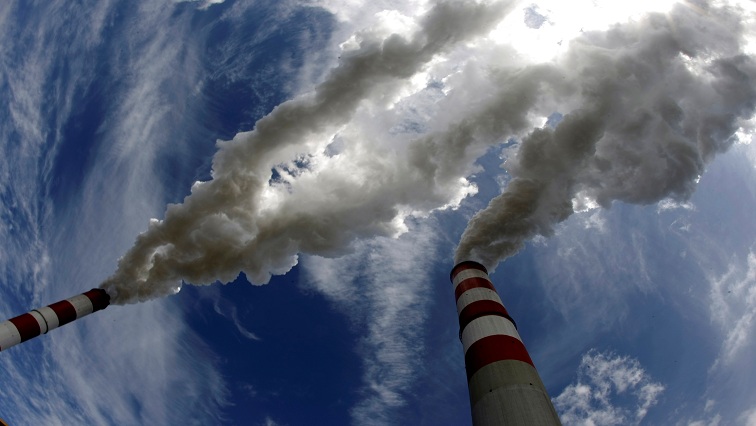John Kerry has cautioned against investing in long-term gas projects in Africa. The US climate envoy was in Senegal on Thursday for a conference with environment ministers from across the continent.
Some of the countries they represent are hoping to tap into recent oil and gas discoveries. But are also wrestling with a global push towards cleaner energy solutions.
“Gas could be used as a transition, and we’re not saying no gas, what we’re saying is over the next few years gas replaces coal or replaces oil, that’s good. But after 2030 it’s going to be important to be able to capture the emissions from gas too.”
African nations argue that they need investments to develop their energy resources, including oil and gas, to power industries and curb energy poverty.
They plan to push this message during a UN climate summit in Egypt in November.
Over 600 million people, or 43% of Africa’s population, lack access to electricity according to the International Energy Agency – with most of them in sub-Saharan Africa.
The continent is responsible for just a small fraction of global carbon emissions, but has borne the brunt of the effects of climate change – which has intensified droughts, flooding and cyclones in recent years.
“I think it’s more of a question right now of helping people to develop but don’t make the mistakes that we’ve already made in the past. Be as green as possible and help us move forward in a way that will not make the problem worse that it already is.”
Kerry said the viability of long-term gas projects could become a problem past 2030 – the target date many wealthier nations have set to move to mostly renewable energy.
“Are they going to be cost out in ten years and paid for in ten years. No, probably not. They are going to be 20 or 30 or 40 years, some people I know want that long a project, and right now that’s not necessary, we don’t need that to meet the energy future that we’re looking at today.”
Kerry called for developed nations to step up their efforts to help countries adapt and get over the initial hurdles of developing renewable energy sources.
The US has committed $12 billion for “adaptation and resilience” he said, and was working on a new structure to bring in big investors with trillions of dollars.


